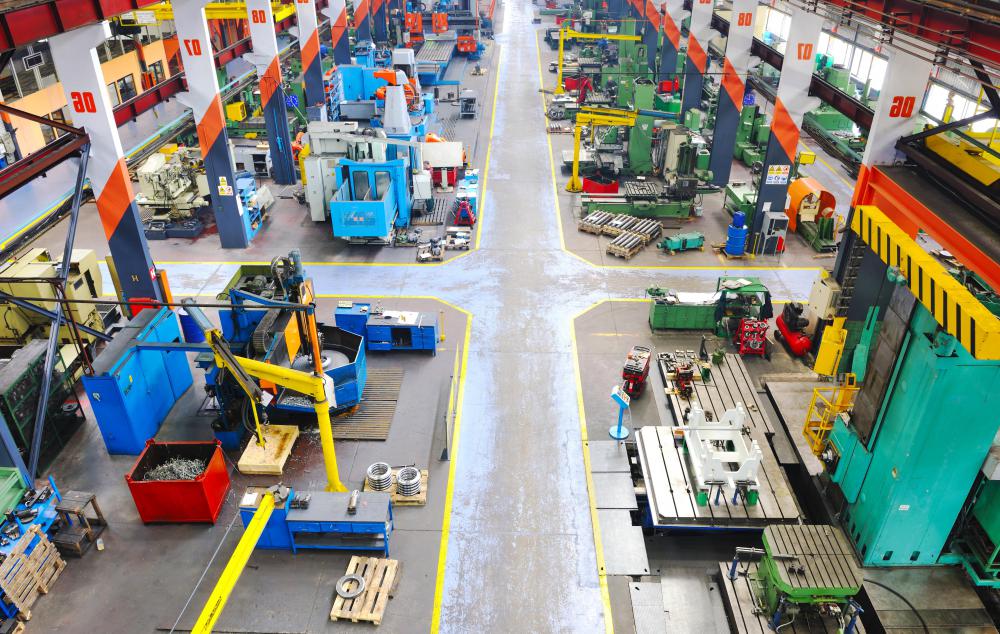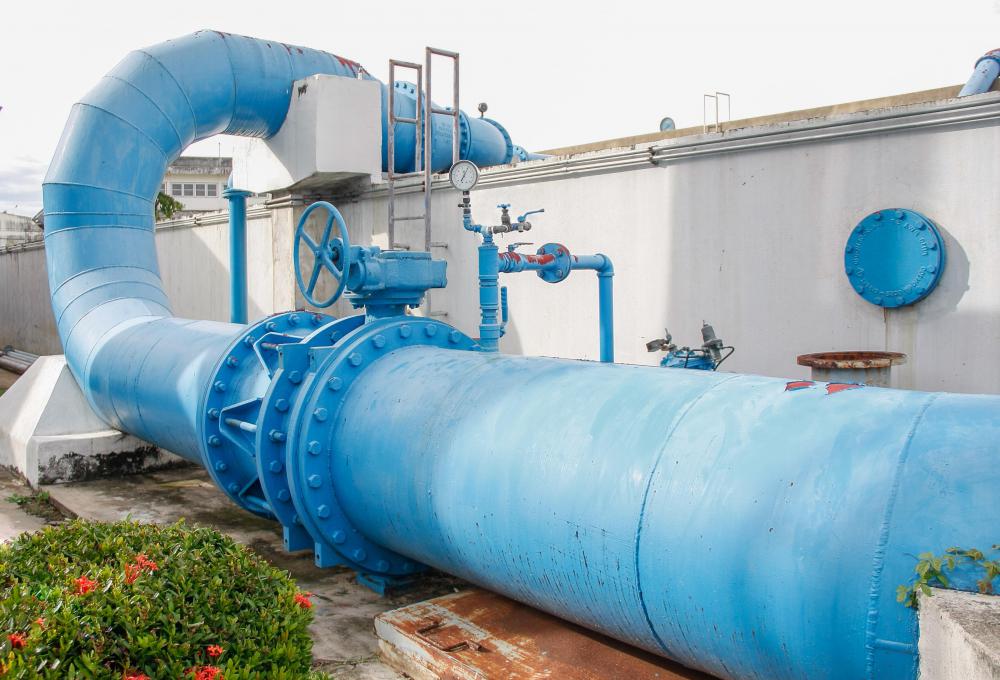At AllThingsNature, we're committed to delivering accurate, trustworthy information. Our expert-authored content is rigorously fact-checked and sourced from credible authorities. Discover how we uphold the highest standards in providing you with reliable knowledge.
What is Eco-Efficiency?
Eco-efficiency is the promotion of environmentally-friendly policies, designs and products within a business. The chief goals of eco-efficiency are to reduce wasting resources without compromising the creation of products or quality of services within a business. There are several ways a business can achieve a sustainable design. These might include a reduction of the materials needed for packaging, cutting back on energy costs, starting a recycling plan, or avoiding the use of toxic substances.
The World Business Council for Sustainable Development (WBCSD) created the term "eco-efficiency" in 1992. It was first introduced in the organization's publication "Changing Course." As of 2010, 150 international companies from 30 countries have joined WBCSD and pledged to adopt sustainable business practices. These companies include Kodak, Toyota and AT&T.

Each company in the WBCSD strives to assemble its products with a sustainable design, without adding to the earth's waste or pollution during their production. WBCSD also encourages its members to assign a reasonable price to eco-efficient products. Lower pricing might encourage customers to choose a sustainable product over its traditional competitor.

Many believe that eco-efficiency might have more benefits than just helping the environment. Some business owners are also attracted to the lower overhead costs. Common steps to eco-efficiency might include lowering energy uses and production waste. Both of these reductions will also save money for the business that implements them. If a business is not inspired to help the environment, it might be motivated by a larger bottom line.
As eco-efficiency sweeps over businesses worldwide, some historians are beginning to use the phrase "the new industrial revolution." In this new business model, some corporations are beginning to question whether wastefulness is really a necessary cost to production. More and more companies are researching and exploring ways to create without wasting any resources at all. Some businesses report that they are not only cutting production costs, but also attracting more customer loyalty and prospective employees with their eco-friendly policies.
Eco-efficiency beholds a few critics, some of whom believe that businesses aren't doing enough. They suggest that although eco-efficiency is better than regular production habits, these corporations could still be contributing to a global environmental problem. A common argument is that contributing less pollution is still contributing to some pollution. Some critics suggest that global production and trade could be halted altogether, and customers might look to buy only locally made and sold items.
Frequently Asked Questions
What exactly is eco-efficiency?
Eco-efficiency is a management philosophy that encourages businesses to seek environmental improvements that yield parallel economic benefits. It involves creating more goods and services while using fewer resources and generating less waste and pollution. The World Business Council for Sustainable Development popularized the term, emphasizing the dual outcomes of ecological and economic efficiency.
How does eco-efficiency benefit businesses?
Businesses that adopt eco-efficiency can benefit from cost savings through reduced resource consumption and waste production. This can lead to improved competitiveness and profitability. Additionally, eco-efficient practices often result in innovation, better risk management, and enhanced corporate reputation, which can attract customers and investors interested in sustainability.
Can eco-efficiency contribute to sustainable development?
Yes, eco-efficiency is a key contributor to sustainable development. By minimizing environmental impact while maximizing resource use, it helps in balancing economic growth with ecological conservation. This approach aligns with the United Nations Sustainable Development Goals, aiming to ensure prosperity for all without compromising the planet's health.
What are some examples of eco-efficiency in practice?
Examples of eco-efficiency include using renewable energy sources to reduce greenhouse gas emissions, implementing recycling programs to minimize waste, and designing products with extended lifespans to decrease the need for frequent replacement. Companies might also invest in energy-efficient technologies or adopt lean manufacturing processes to optimize resource use.
How is eco-efficiency measured?
Eco-efficiency is measured by comparing the value of products and services produced to the environmental impact of their production. Metrics such as energy or water use per unit of product, waste per unit of output, and emissions per dollar of revenue can be used to assess eco-efficiency. These indicators help businesses track progress and identify areas for improvement.
Is eco-efficiency the same as environmental sustainability?
No, eco-efficiency is not the same as environmental sustainability, though they are related concepts. Eco-efficiency focuses on reducing environmental impacts while maintaining economic growth. In contrast, environmental sustainability encompasses a broader perspective, aiming for a balance that meets current needs without compromising future generations' ability to meet their own needs.
AS FEATURED ON:
AS FEATURED ON:












Discuss this Article
Post your comments